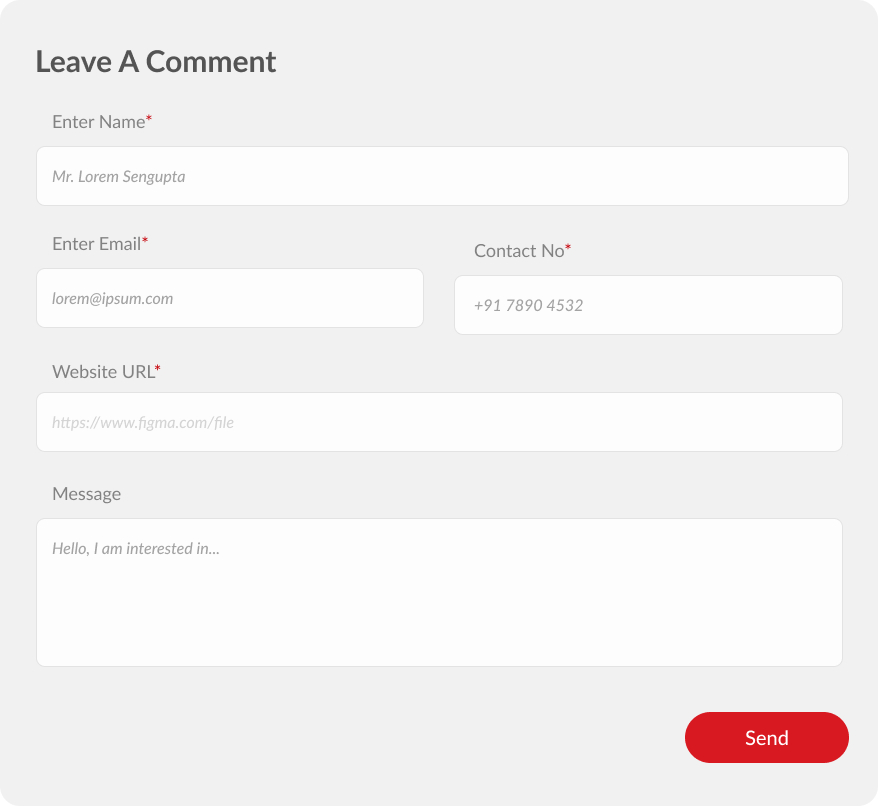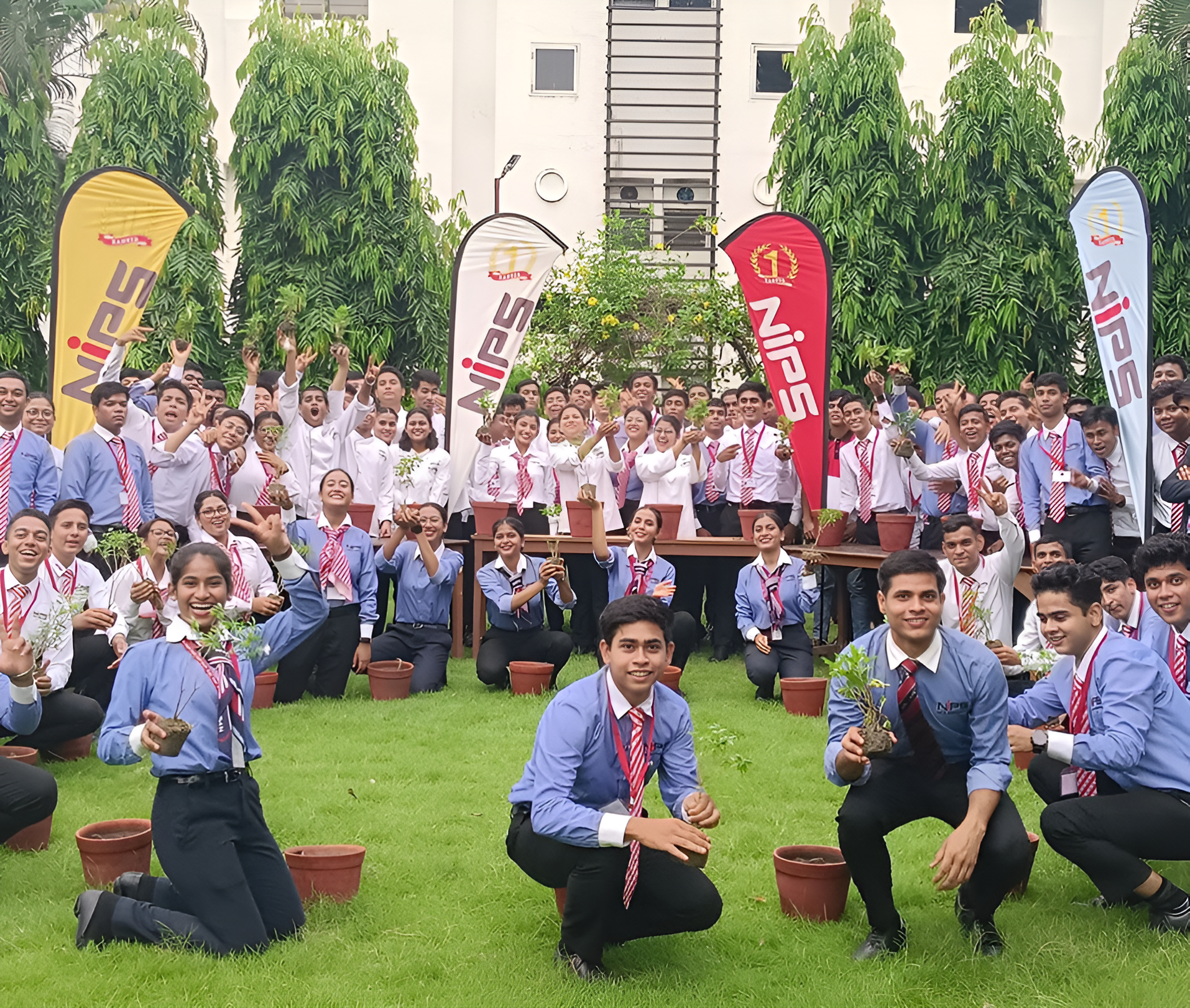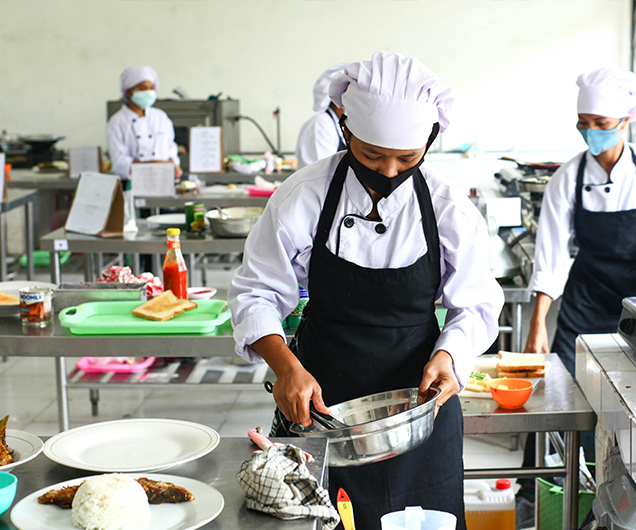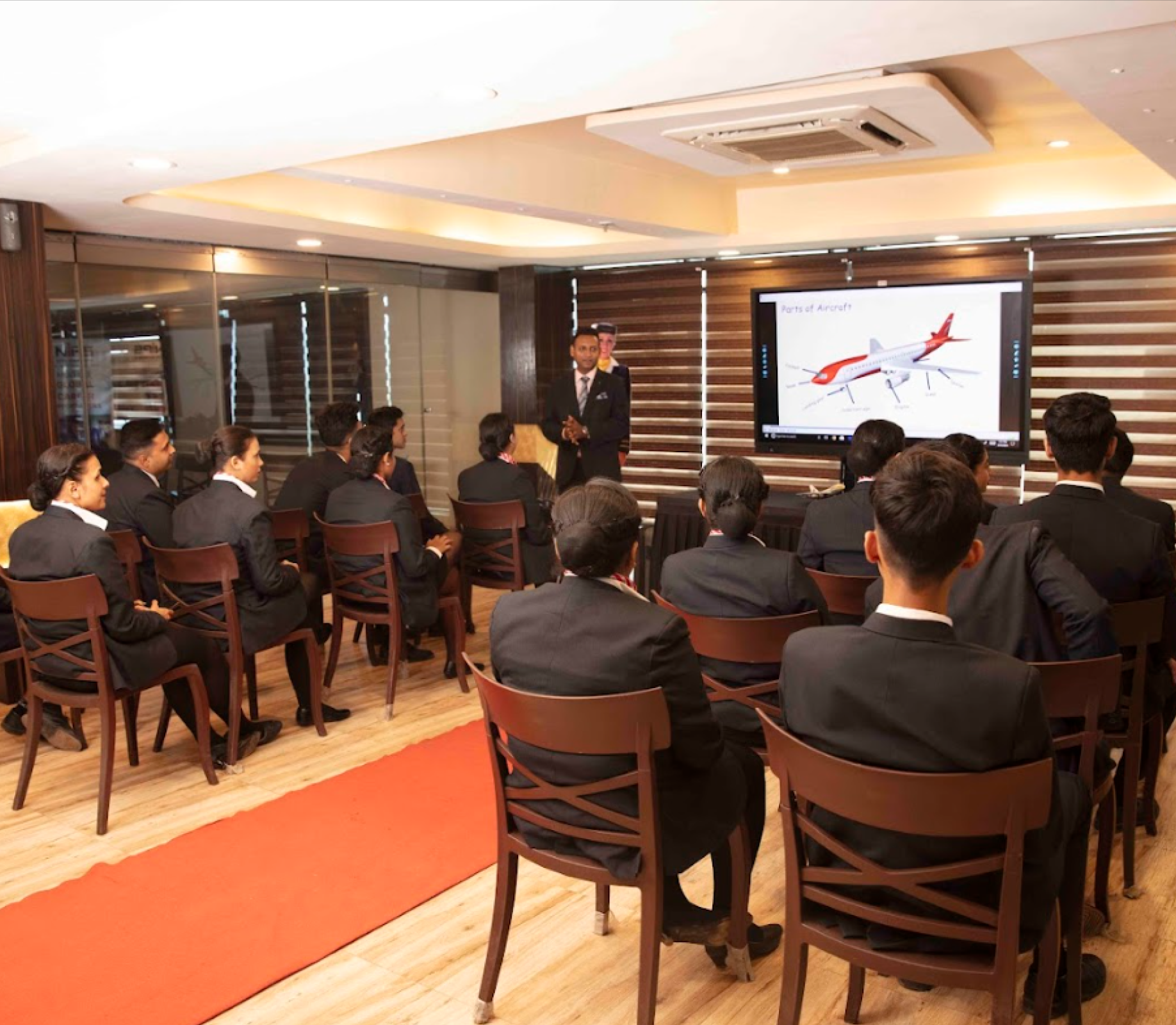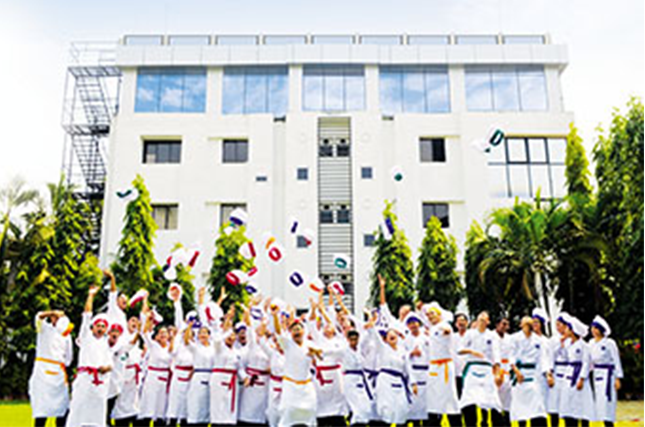
-
By:admin
-
Hotels
-

( 1 )
Lorem ipsum dolor sit amet consectetur adipiscing elit sapien, scelerisque condimentum semper cras taciti mollis vitae, luctus leo maecenas purus primis penatibus curae. Eget integer inceptos aptent eleifend donec fringilla in aliquam felis malesuada vivamus cubilia, vestibulum potenti pharetra curabitur vitae tempor suspendisse velit dictumst sollicitudin habitant purus, leo per est imperdiet maecenas praesent cras ultricies platea tristique ultrices.
